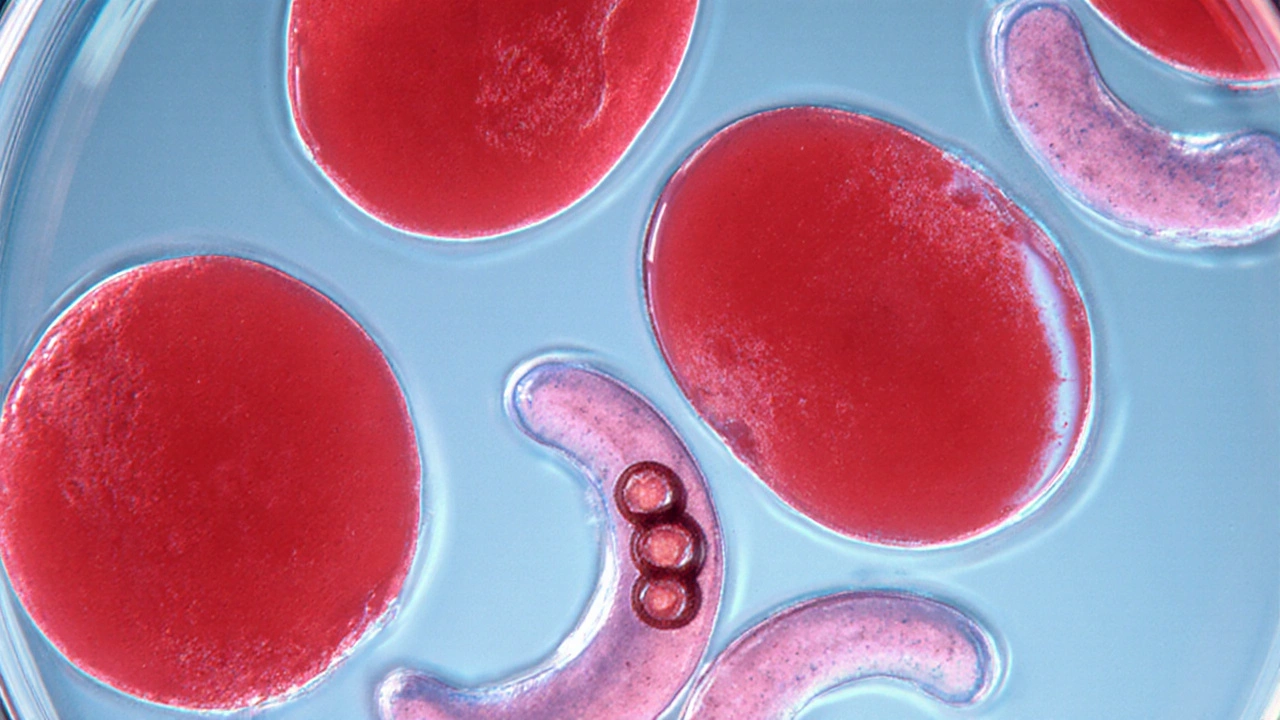Malaria: Understanding the Disease, Treatment, and Prevention
When dealing with malaria, a mosquito‑borne infection caused by parasites of the genus Plasmodium, the protozoan that invades red blood cells. Also known as paludism, it most often triggers fever, chills, headaches and muscle aches. Antimalarial drugs, medicines that kill or inhibit the parasite are the cornerstone of therapy, with artemisinin‑based combos leading the pack. In simple terms, malaria encompasses a cycle of infection, symptom flare‑up, and treatment, while effective management requires timely drug administration and supportive care. The disease influences travel plans, work productivity, and public‑health resources, especially in tropical regions.
Key Related Topics You Need to Know
Understanding malaria means looking at several linked ideas. First, malaria symptoms, the clinical signs like fever spikes, sweating, nausea and anemia often mimic flu, which can delay diagnosis. Second, malaria prevention, strategies such as insecticide‑treated nets, indoor spraying and prophylactic medication cuts the risk dramatically; studies show net use can lower infection rates by up to 60%. Third, the emerging malaria vaccine, like RTS,S/AS01 that trains the immune system against Plasmodium falciparum adds another layer of defense, though it’s not yet a standalone solution. Finally, travel considerations matter: entering an endemic zone increases exposure to infected Anopheles mosquitoes, so pre‑travel consultations and chemoprophylaxis become essential parts of a safe itinerary.
Putting these pieces together, you’ll see that malaria requires a multi‑pronged approach: accurate symptom recognition, prompt drug treatment, robust prevention tools, and, when available, vaccination. The posts below dive deeper into each of these angles—whether you’re curious about the newest antimalarial regimens, need a quick checklist for travel safety, or want to understand how vaccine trials are shaping future control strategies. Armed with this context, you’ll be ready to explore the detailed articles that follow and make informed decisions about protecting yourself and others from malaria.
Explore how sickle cell anemia and malaria are linked through genetics, evolution, and disease outcomes, with clear explanations, data, and practical health tips.

